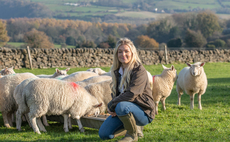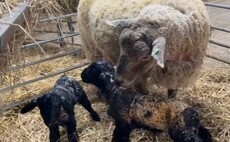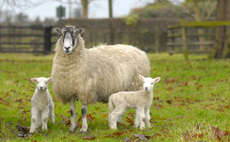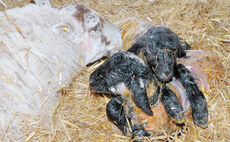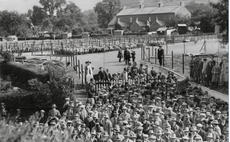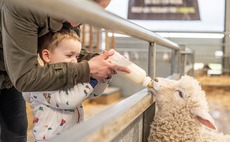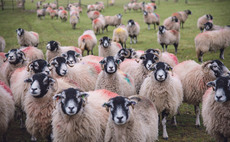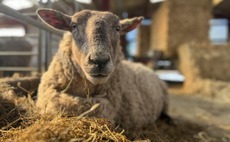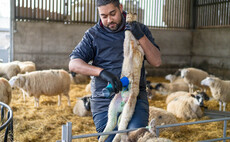lambing
In your field
Roger Nicholson farms with his family at the heavily diversified Cannon Hall Farm, Barnsley, South Yorkshire, which has sparked various Channel 5 series including Springtime on the Farm. Roger, 81, farms with his sons Dave, Robert and Richard and says he has no plans to retire just yet
Farm Life
In the second of a three-month exclusive column for Farmers Guardian, Clarkson's Farm star Harriet Cowan talks about coming full-circle back to farming and how the industry is part of who she is
Farm Life
Hollywood may come calling for one of the feelgood stories of the year after Fiona the sheep delivered two healthy lambs at Dalscone Farm on Tuesday (February 10)
Podcasts
In this episode, alongside industry experts, Farmers Guardian looks at best practice around navel health in lambs
Livestock
Making small, but significant tweaks to lambing management procedures can dramatically improve lamb survival
Farm Life
For some, lambing has already started. Here are some classic pictures of families and farmers lambing over the year
Diversification
With spring around the corner many farms will be planning lambing events on-farm
Livestock
Farmers are advised to test forage planned for in-lamb ewes to ensure correct supplementary feeding and optimal nutrition
Farm Life
Fiona made the headlines in 2023 after being dubbed the UK's loneliest sheep. Two years after she was rescued by farmers, which included the Sheep Game's Cammy Wilson, Fiona is now expecting twins

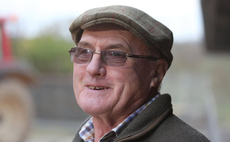
 22 February 2026
•
3 min read
22 February 2026
•
3 min read
